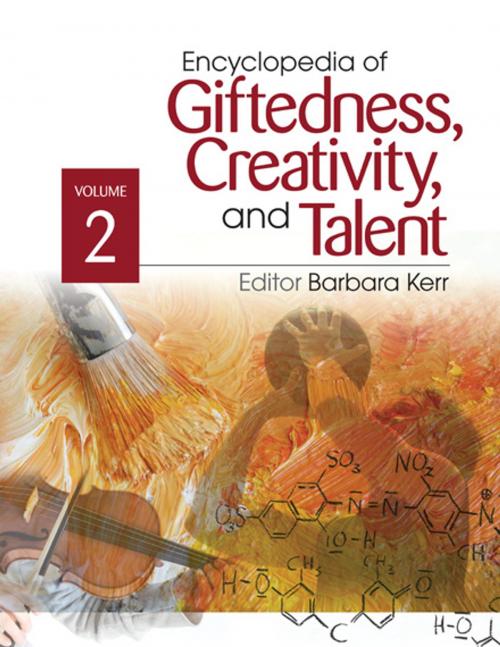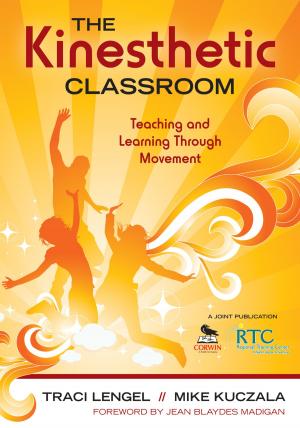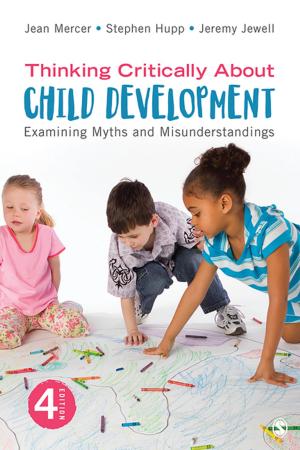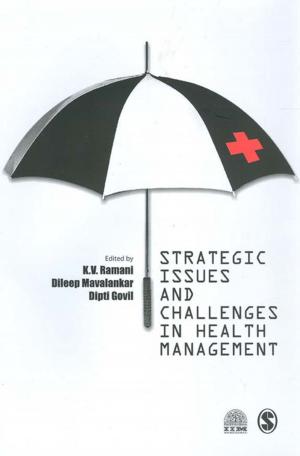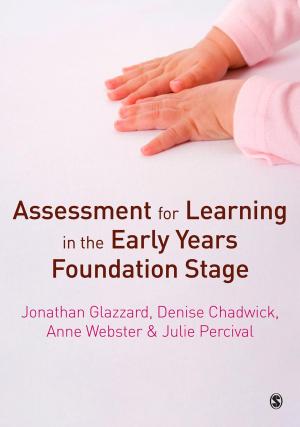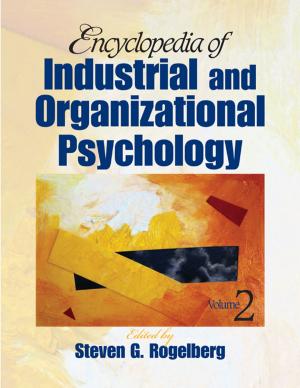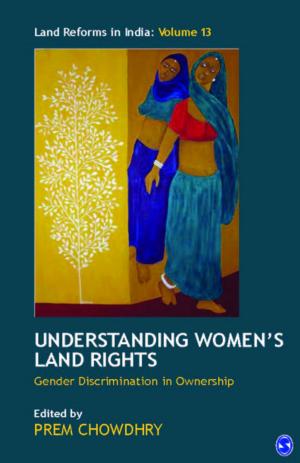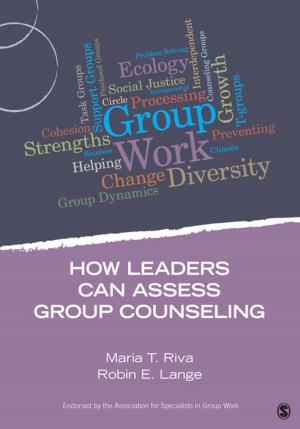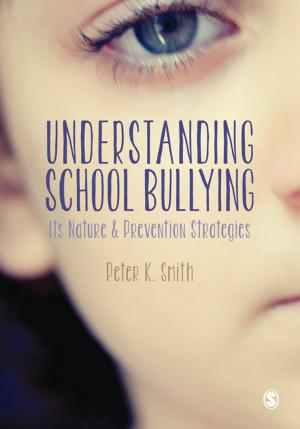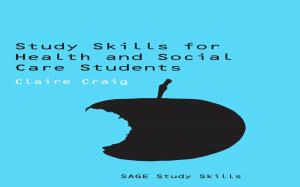Encyclopedia of Giftedness, Creativity, and Talent
Nonfiction, Health & Well Being, Psychology, Cognitive Psychology| Author: | ISBN: | 9781506332796 | |
| Publisher: | SAGE Publications | Publication: | June 15, 2009 |
| Imprint: | SAGE Publications, Inc | Language: | English |
| Author: | |
| ISBN: | 9781506332796 |
| Publisher: | SAGE Publications |
| Publication: | June 15, 2009 |
| Imprint: | SAGE Publications, Inc |
| Language: | English |
Library Journal Best Reference 2009
Educators have begun to recognize that identifying and accommodating students who are slower to learn may leave behind those who learn rapidly and think creatively. The nature of intelligence, the sources of innovation, and the ways to nurture special abilities are now topics of great interest to scholars in a wide variety of disciplines and to the general public. Policymakers, ranging from school board members to leaders of nations, must also make practical decisions about how communities and societies will treat their brightest, most promising students.
With more than 400 entries, these two volumes review research findings on giftedness, talent, and creativity and their effect on education, training, science and the arts, government policy, and everyday life. The Encyclopedia of Giftedness, Creativity, and Talent provides a balanced, objective assessment of the various perspectives on the nature of intelligence, innovation, and optimal states. This state-of-the-art resource covers all major facets of the field, including achievement motivation, artistic ability, creative personality, emotional intelligence, gender differences, genius, intelligence testing, learning styles, minority underrepresentation, multiple intelligences, musical ability, prodigies, scientists, self actualization, thinking skills, and more.
Key Themes
- Assessment and Identification
- Creativity Studies
- Cultural Issues
- Education
- Eminent People
- Exceptionalities
- Intelligence
- Neuroscience and Genetics
- Populations
- Programs and Interventions
- Psychological Issues
- Talent Domains
- Theories and Models
Key Features
- Provides a balanced and critical discussion of the controversies that have animated research and theory making
- Clarifies which grouping and instructional strategies promote the best outcomes in achievement and social/emotional development of gifted children
- Helps educators make informed decisions about the identification strategies and the curriculum models that best meet their students' needs
- Contains thousands of pertinent facts from the fields of education, psychology, sociology, and the arts
- Evaluates policies that have hindered gifted children and makes a persuasive case for appropriately challenging and differentiated education
- Examines how giftedness, creativity, and talent were defined in the past and how current meanings have emerged.
Library Journal Best Reference 2009
Educators have begun to recognize that identifying and accommodating students who are slower to learn may leave behind those who learn rapidly and think creatively. The nature of intelligence, the sources of innovation, and the ways to nurture special abilities are now topics of great interest to scholars in a wide variety of disciplines and to the general public. Policymakers, ranging from school board members to leaders of nations, must also make practical decisions about how communities and societies will treat their brightest, most promising students.
With more than 400 entries, these two volumes review research findings on giftedness, talent, and creativity and their effect on education, training, science and the arts, government policy, and everyday life. The Encyclopedia of Giftedness, Creativity, and Talent provides a balanced, objective assessment of the various perspectives on the nature of intelligence, innovation, and optimal states. This state-of-the-art resource covers all major facets of the field, including achievement motivation, artistic ability, creative personality, emotional intelligence, gender differences, genius, intelligence testing, learning styles, minority underrepresentation, multiple intelligences, musical ability, prodigies, scientists, self actualization, thinking skills, and more.
Key Themes
- Assessment and Identification
- Creativity Studies
- Cultural Issues
- Education
- Eminent People
- Exceptionalities
- Intelligence
- Neuroscience and Genetics
- Populations
- Programs and Interventions
- Psychological Issues
- Talent Domains
- Theories and Models
Key Features
- Provides a balanced and critical discussion of the controversies that have animated research and theory making
- Clarifies which grouping and instructional strategies promote the best outcomes in achievement and social/emotional development of gifted children
- Helps educators make informed decisions about the identification strategies and the curriculum models that best meet their students' needs
- Contains thousands of pertinent facts from the fields of education, psychology, sociology, and the arts
- Evaluates policies that have hindered gifted children and makes a persuasive case for appropriately challenging and differentiated education
- Examines how giftedness, creativity, and talent were defined in the past and how current meanings have emerged.
